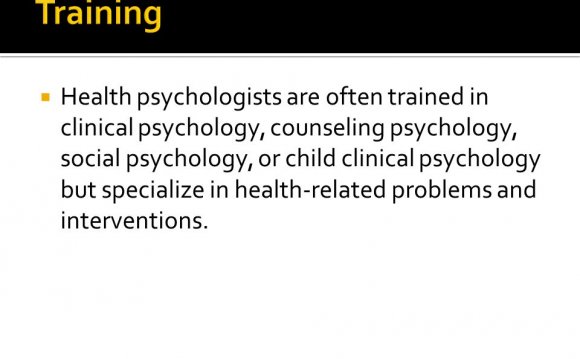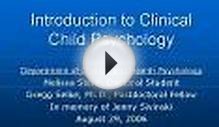
Clinical child psychology is a specialty in professional psychology that develops and applies scientific knowledge to the delivery of psychological services to infants, toddlers, children and adolescents within their social context.
Specialized Knowledge
Of particular importance to the specialty of clinical child psychology is an understanding of the basic psychological needs of children and adolescents, and how the family and other social contexts influence the socio-emotional adjustment, cognitive development, behavioral adaptation and health status of children and adolescents.
Problems Addressed
The specialty of clinical child psychology involves the study, assessment and treatment of a wide range of interrelated biological, psychological and social problems experienced by children and adolescents.
These include but are not limited to the following:
- Biological vulnerabilities.
- Emotional and developmental problems.
- Significant mental disorders.
- Cognitive deficits.
- Trauma and loss.
- Health related problems.
- Stress and coping related to developmental change.
- Problems in social context.
Skills and Procedures Utilized
Clinical child psychology employs a wide range of procedures and skills addressing the population of infants, toddlers, children and adolescents. Essential skills and procedures include:
- Assessment (e.g., psychological, intellectual, cognitive, behavioral testing and evaluation).
- Intervention (e.g., psychotherapy and behavior management).
- Development of prevention programs (e.g., bullying, addictions, teen pregnancy, obesity).
- Consultation with other professionals working with children.
- Design and utilization of research.
Population Served
Clinical child psychology involves research and service delivery for infants, toddlers, children and adolescents displaying a variety of psychological, behavioral, developmental, academic, family, peer and health-related difficulties in a variety of settings.
Share this Post
INTERESTING PSYCHOLOGY VIDEO



 Developmental psychology is the scientific study of systematic psychological, emotional, and perceptional changes that occur in human beings over the course of their life span. Originally concerned with infants and children, the field has expanded to include...
Developmental psychology is the scientific study of systematic psychological, emotional, and perceptional changes that occur in human beings over the course of their life span. Originally concerned with infants and children, the field has expanded to include...










